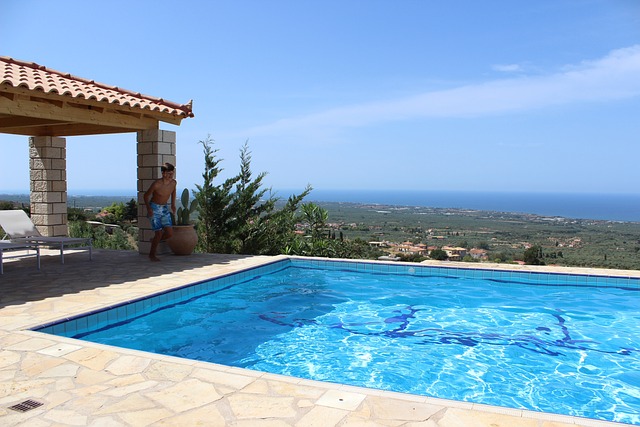Owning a pool is a luxury that brings joy and relaxation to countless families around the world. However, the environmental impact of traditional pool equipment cannot be ignored. In recent years, there has been a growing awareness of the need for sustainable and energy-efficient solutions in various aspects of our lives, and pool ownership is no exception. This article explores the importance of energy-efficient pool equipment as a green approach to pool ownership, discussing the environmental benefits, cost savings, and technological advancements that make it a viable and responsible choice for pool owners.
Table of Contents
The Environmental Impact of Pool Equipment
Traditional pool equipment, including pumps, heaters, and lighting, often consumes a significant amount of energy. The environmental impact of this energy consumption is substantial, contributing to increased greenhouse gas emissions and other negative effects on the planet. Conventional pool pumps, in particular, are notorious for their high energy usage, running continuously and consuming more power than necessary.
Energy-Efficient Pool Pumps
One of the key components of an energy-efficient pool system is a variable-speed pool pump. Unlike single-speed pumps that operate at a constant high speed, variable-speed pumps can be adjusted to different speeds based on the pool’s requirements. This flexibility allows pool owners to run the pump at lower speeds during times of lower demand, significantly reducing energy consumption.
Variable-speed pumps not only contribute to energy savings but also help extend the lifespan of the pump itself. The reduced wear and tear from operating at lower speeds mean less frequent maintenance and replacement, further decreasing the environmental impact associated with manufacturing and disposing of pool equipment.
Solar Pool Heaters
Heating a pool can be a major contributor to energy costs, especially in colder climates. Energy-efficient alternatives, such as solar pool heaters, utilize the sun’s abundant and renewable energy to warm the water. These systems consist of solar collectors that capture sunlight and transfer the heat to the pool water. By harnessing solar energy, pool owners can significantly reduce their reliance on traditional heating methods, resulting in both cost savings and a lower carbon footprint.
LED Pool Lighting
Traditional incandescent or halogen pool lights are energy-intensive and have a relatively short lifespan. LED pool lights, on the other hand, are energy-efficient, durable, and provide a vibrant and customizable lighting experience. LED technology consumes less electricity, produces less heat, and lasts significantly longer than traditional lighting options. This not only saves energy but also reduces the frequency of bulb replacements, minimizing waste and the environmental impact associated with disposing of old bulbs.
How to Change a Swimming Pool Light
Smart Pool Automation
Advancements in technology have given rise to smart pool automation systems that allow pool owners to monitor and control their pool equipment remotely. These systems enable users to optimize energy usage by scheduling equipment operation during off-peak hours, adjusting settings based on weather conditions, and remotely turning off equipment when not in use. Smart pool automation enhances energy efficiency and provides pool owners with greater control over their environmental impact.
Financial Incentives for Energy-Efficient Pool Equipment
Beyond the environmental benefits, there are also financial incentives for investing in energy-efficient pool equipment. Many governments and utility companies offer rebates and incentives to encourage the adoption of eco-friendly technologies. Pool owners can take advantage of these programs to offset the initial costs of upgrading to energy-efficient equipment, making the transition to a green approach more economically viable.
How to Reduce Pool Operating Costs
Conclusion
Energy-efficient pool equipment is a crucial aspect of responsible and sustainable pool ownership. By investing in technologies such as variable-speed pumps, solar heaters, LED lighting, and smart automation systems, pool owners can significantly reduce their energy consumption, lower their environmental impact, and enjoy long-term cost savings. As we continue to prioritize sustainability in our daily lives, adopting energy-efficient practices in recreational activities, such as pool ownership, becomes an essential step towards a greener and more eco-friendly future.


